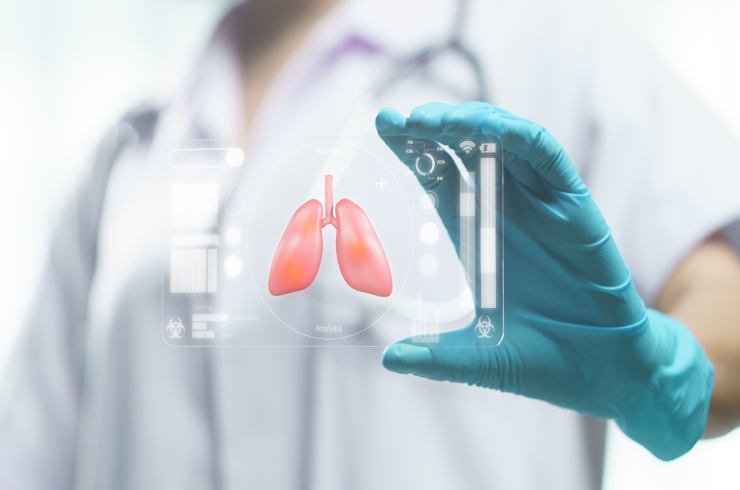Tuberculosis

Tuberculosis (TB): Know the Signs. Protect Your Lungs.
Tuberculosis (TB) is a serious infectious disease that primarily affects the lungs but can also spread to other parts of the body such as the spine, brain, or kidneys. It is caused by a bacterium called Mycobacterium tuberculosis and spreads through the air when a person with active TB coughs, sneezes, or talks.
TB is preventable, treatable, and curable—but only with early detection and proper medical care.
How Does TB Spread?
When a person with active TB in the lungs breathes out bacteria, others nearby may inhale the germs. However, not everyone infected becomes sick. There are two types:
Latent TB: The bacteria are present but inactive. No symptoms, not contagious.
Active TB: The bacteria multiply and cause illness. This form is contagious and needs immediate treatment.
Common Symptoms of Active TB:
Persistent cough for more than 2–3 weeks
Coughing up blood or sputum (mucus)
Chest pain
Fever and night sweats
Unexplained weight loss
Fatigue and weakness
Loss of appetite
If left untreated, TB can become life-threatening and cause severe lung damage or spread to other organs.
Who’s at Risk?
People with weakened immune systems (HIV/AIDS, diabetes)
Close contacts of someone with TB
Healthcare workers
Malnourished individuals
Smokers
People living in crowded or poorly ventilated environments
Diagnosis and Treatment:
TB is diagnosed using tests such as chest X-rays, sputum tests, Mantoux (skin) test, and blood tests. Treatment involves a long course of antibiotics, usually for 6 to 9 months.
It’s crucial to complete the full course of treatment even if you start feeling better—stopping early can lead to drug-resistant TB, which is much harder to treat.

